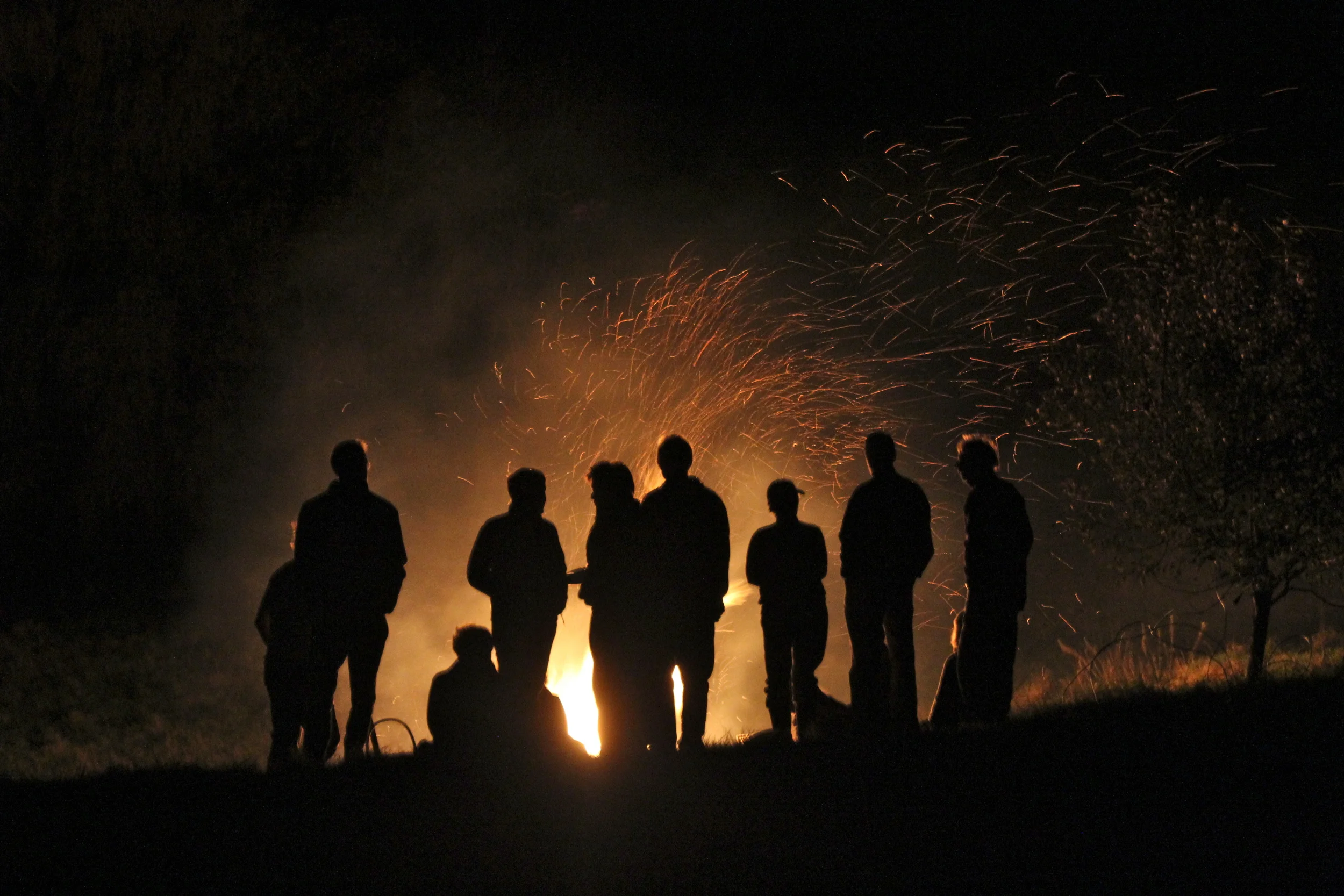The Hope of Francis
/By Stephen Leslie
“Farming is — or should be — a social enterprise as much as a business, one that benefits all of us and uses the land conscientiously and ecologically. Thus in the long run we’ve got to expand our vision to include some kind of land redistribution that would give those who want to work the land for our mutual benefit the ability to do so.”---Mark Bittman
In June of 2015 the head of the Roman Catholic Church, Pope Francis, released his encyclical on the global environmental crisis.(1) Within this document he described the “cultural revolution” he believes is required to save our collective “home”---the planet Earth. Having been raised Catholic and then having spent formative years in a Benedictine monastery, I have had a somewhat antagonistic relationship to the papacy which often seemed out-of-touch with the people it was meant to serve. Even as a monk I identified with the vision of the Lakota medicine man Black Elk or the Himalayan hermit Jetsun Milarepa at least as much as did with the vision of St. Francis of Assisi. At that time (1985-1992) the official "Church" was in a reactionary phase, censoring clergy who espoused Liberation and Creation theologies. In reality, there were two churches---the progressive grass roots church that was formed by and aligned with the causes of the poorest of the poor---and the old guard church that was aligned with power, money, and corporate world governance.
Pope Francis has blurred the lines between those hard divisions. From the highest seat in the church hierarchy he has spoken up in an authentic way for the defenseless sea of dispossessed, exploited and enslaved humanity at the bottom---and continually challenged the Capitalist system that grinds up and spits out human lives. And in this encyclical he has spoken up for the Earth itself and made clear the connection between Capitalist exploitation of human resources and exploitation and ruination of the environment----and been brave enough to call it sin.
In a moment such as this---when someone like the pope, who has a privileged place on the world stage, speaks out with a prophetic voice that reaches millions or even billions---we can all source a deeper hope and tell each other; "It's not too late."
It is not too late as long as there are individuals and communities willing to turn around.
It is not too late as long as there are children among us who deserve a better fate.
It is not too late because the Earth is a living being with its own form of supra-consciousness (of which we are but a part) and the spirit that animates this living planet always pulses toward the restoration of balance, abundance, creative evolutionary solutions and the awakening of consciousness.
As a species we now have the collective knowledge and capacity to rapidly communicate which allows us the potential to design efficient food production systems on an appropriate scale. Annual and permacultural food systems can be tailored to adapt to and even enhance the wide diversity of micro-climates on our marvelous planet. In many instances, draft animal power can provide a renewable and self-sustaining power source for growing food and fiber as well as forestry management. This small scale and diversified approach will require that we join in the cultural revolution Pope Francis has called for. It will require a revaluation of the vocation of “farmer”. We need many more young people to commit to building a sustainable agriculture and re-localized economy.
The alternative to this inspired vision is to settle for the status quo---which means submitting to further world domination of our food systems, our governments and economies by corporations beholden to no one but their own shareholder’s profit margins. The result of capitulating to this scenario is an increasing deterioration of our environment on a global scale and an escalation of the gap between the rich and the poor; resulting in more famine, displacement and war
As a direct result of human activity our planet is undergoing climate change and an unprecedented species die-off. The earth is heating up and this can be understood as a corrective to imbalance in the same way our own individual bodies create fever to fight an infection. If our species is to survive and thrive we must regain the knowledge, commitment and will to adapt our ways of living to sustainable and renewable patterns that enhance rather than destroy the life of this planet. We can do this. All the tumult, fears, struggles and hopes we each experience in our own microcosm of community are not in any way separate from this exciting macro-cosmic moment of danger and opportunity. How we show up as individuals really matters. What we can accomplish together may at times seem insignificant given the gravity of the challenges facing the planet---but hope has at least as strong a ripple effect as fear.
For at least two millennia human beings have worked with draft animals in a dynamic symbiotic partnership that has allowed our civilizations to make steady improvements in agricultural practices. Despite the relatively recent wholesale switch to mechanized farming, draft animal farming has persisted into the 21st century. A new generation of farmers continue to develop innovative implements and systems that make this renewable mode of traction as relevant as ever. At this critical moment in our history the wide spread adoption of draft animal technology for the new small farm can play a critical role in healing our relationship with our “Home”.
The Holy See published the text of Pope Francis’s second encyclical letter, Laudato Si’, subtitled “On the care of our common home.” The encyclical was released June 18, 2015. It has 246 paragraphs and six chapters: “What is happening to our common home,” “The Gospel of creation,” “The human roots of the ecological crisis,” “Integral ecology,” “Lines of approach and action,” and “Ecological education and spirituality
